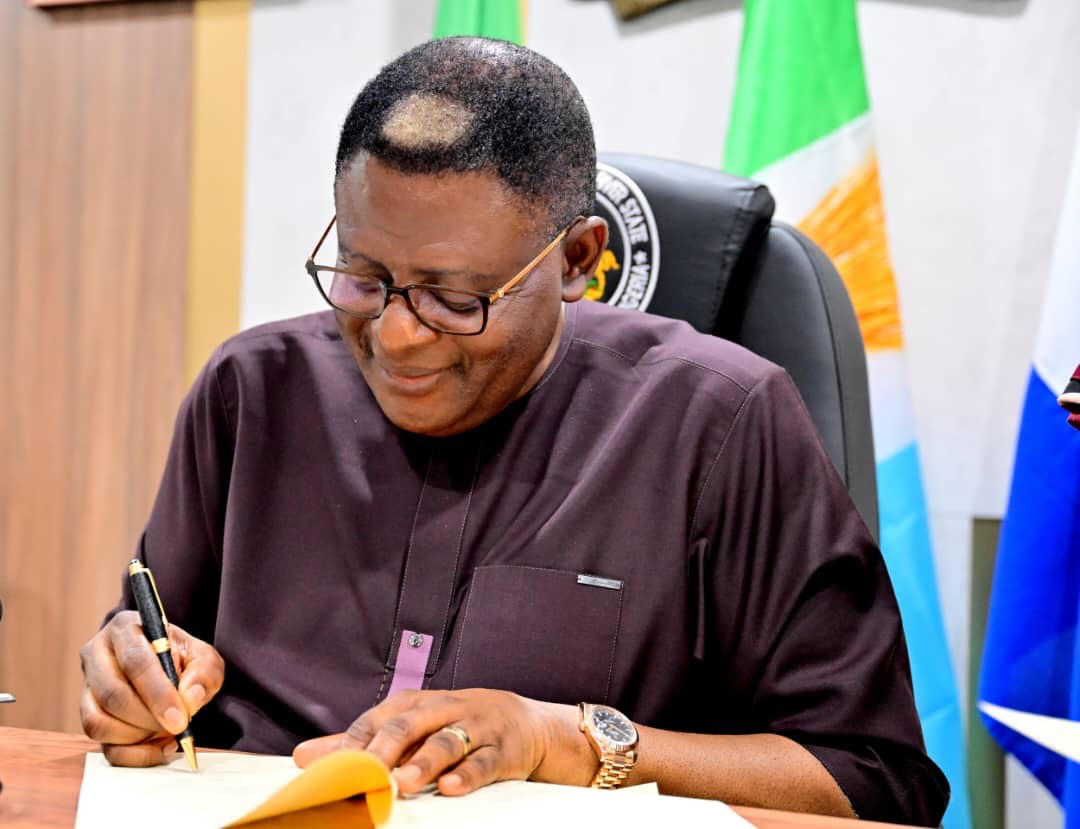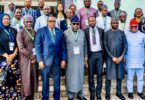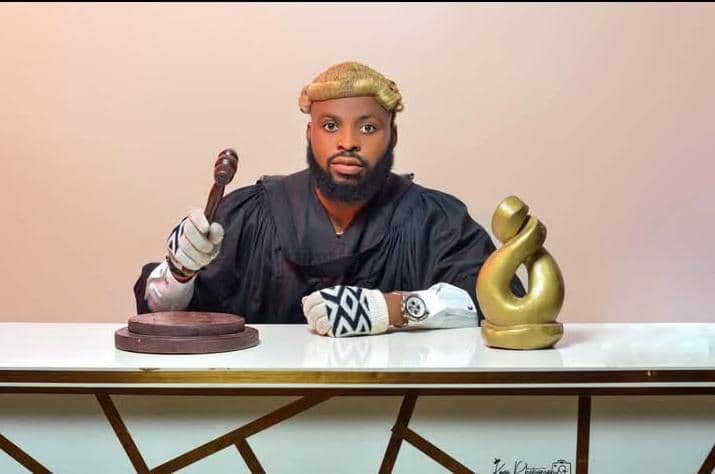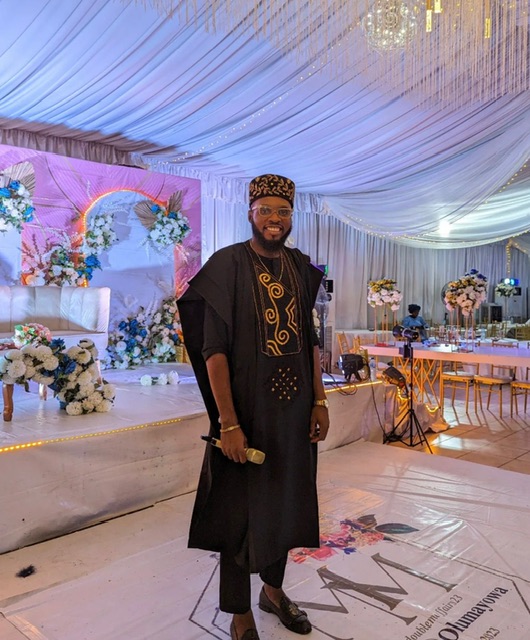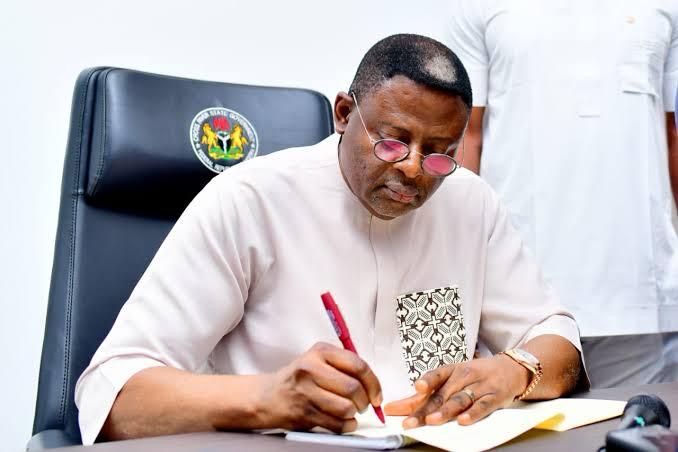Professor Offiong Efanga Offiong, born on November 6, 1963, in Calabar, is a distinguished academic, seasoned administrator, and respected scholar. He holds a B.Sc. (Hons) in Chemistry and a Ph.D. in Coordination/Inorganic Chemistry from the University of Calabar. His doctoral research was supported by a prestigious DAAD scholarship, enabling him to conduct laboratory work at Ludwig Maximilian University, Munich, Germany. He also obtained a Certificate in Equipment Maintenance from Bristol Polytechnic, UK.
Academic Career and Mentorship
Prof. Offiong began his lecturing career in 1985 as a Graduate Assistant and rose to the rank of Professor by 2002. Over the years, he has supervised seven Master’s and sixteen Ph.D. theses one of which earned a National Universities Commission (NUC) Award for Best Thesis in Physical Sciences in Nigerian universities. Several of his mentees have risen to the ranks of Professors and Associate Professors, attesting to his commitment to academic mentorship and development.
Research and External Engagements
A prolific researcher, Prof. Offiong has authored over 90 publications in reputable peer-reviewed journals and is well cited in high-impact academic databases. He has served as an external examiner for undergraduate and postgraduate programs in several Nigerian universities, including the University of Uyo, University of Nigeria Nsukka, and University of Abuja.
Administrative and Union Leadership Roles
Within the University of Calabar, Prof. Offiong has held numerous key positions including Sub-Dean and Dean of the Faculty of Science, Dean of Students’ Affairs, and Member of the Governing Council (2000–2004). He has also served as Chairman and Zonal Coordinator of ASUU and as National Vice President of the Academic Staff Union of Universities (ASUU), highlighting his leadership and advocacy experience in the academic system.
Public Service and Educational Reform
From 2007 to 2015, Prof. Offiong Efanga Offiong served as the Commissioner for Education in Cross River State. Under his leadership, the state’s educational system underwent transformative reforms. WAEC performance improved dramatically, moving from 22nd place to 6th and 7th nationally in 2012 and 2013, respectively. He played a pivotal role in the establishment of the Institute of Technology and Management (ITM), Ugep, and in the reopening of the former College of Education in Akamkpa (now a university). He also chaired the Forum of State Commissioners for Education (2009–2015) and was a member of the Presidential Task Team on Education.
Global Recognition and Community Service
Prof. Offiong has earned several international fellowships and has participated in global academic exchanges. He has chaired many NUC accreditation panels and was a member of the Presidential Visitation Panel to Obafemi Awolowo University in 2021. He also serves his community through various leadership roles, including as the immediate past President of the Boys Brigade Nigeria (Cross River State Council) and as a Ruling Elder in the Presbyterian Church of Nigeria. He currently chairs the Education Committees of both the Obong of Calabar Executive Forum and the Presbyterian Schools in Nigeria.
Personal Life
Prof. Offiong Efanga offiong is married to Prof. (Mrs.) Ame I. Offiong, a Professor of Finance at the University of Calabar. Their marriage is blessed with three children: Efanga, Asa, and Eme.
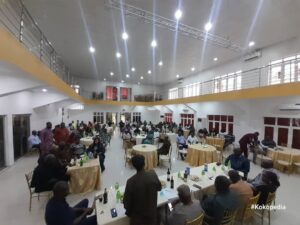
His Vision for the University of Calabar
During his declaration of intent to contest for the position of Vice Chancellor, Prof. Offiong highlighted several critical lapses within the University system. He emphasized the need to restore academic freedom, improve employment practices, and invest in the training and development of both academic and non-academic staff.
Prof. Offiong stated:
“Most importantly, there must be a liberal academic environment. Nobody should be in a university system where their liberty is compromised. As a scholar, you need academic freedom.”
He further decried the University’s current low ranking in employability, noting that the University of Calabar did not rank among the top 10 institutions nationally. He stressed that such a situation must be addressed urgently.
“There is nothing wrong in retaining graduates to nurture their zeal and contribution to the same institution that shaped them,” he remarked, advocating for a policy that encourages excellence and continuity within the university system.
Conclusion
Prof. Offiong Efanga Offiong brings to the race for Vice-Chancellor a wealth of experience in academia, administration, and public service. His vision reflects a passionate commitment to academic excellence, institutional reform, and the overall advancement of the University of Calabar.


